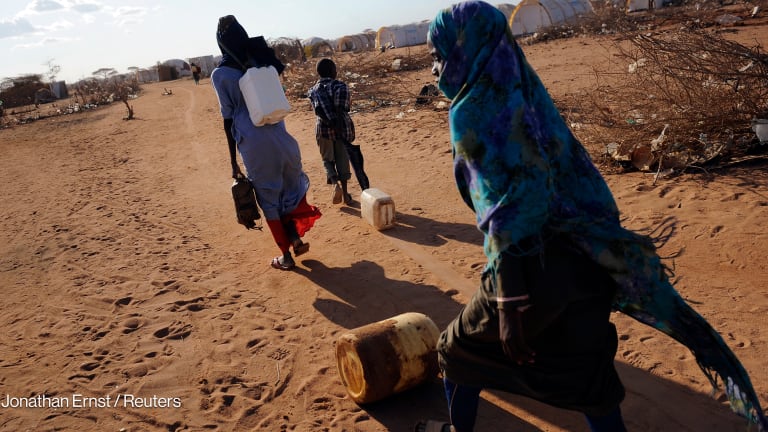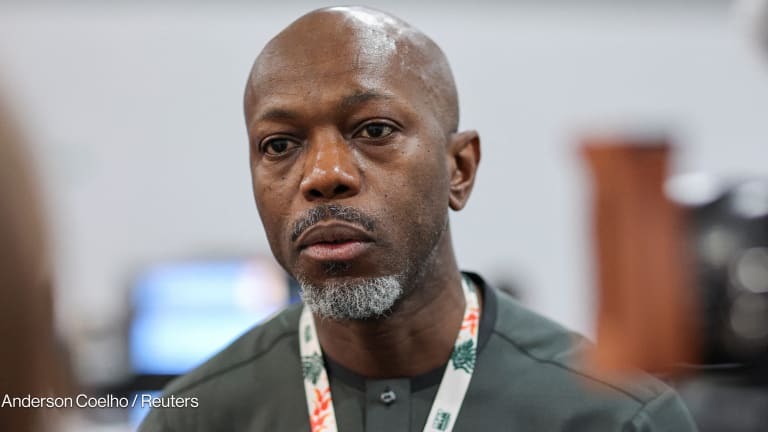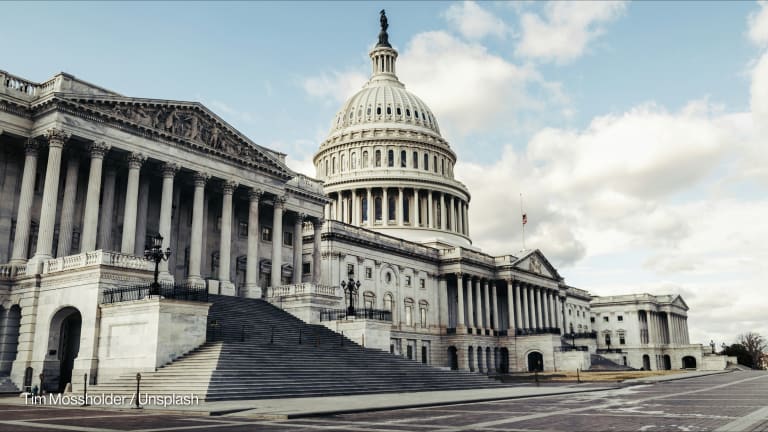
High-income countries need to step up their commitments to a new trust at the International Monetary Fund, Barbados Prime Minister Mia Mottley urged Tuesday during an event in Washington, as she warned that debt problems could spark social unrest.
The new Resilience and Sustainability Trust, or RST, fund is designed to provide long-term capital for vulnerable countries, especially on climate. But there is limited money available because it relies on developed nations being willing to “put more into the pot so that more people can benefit,” she added.
The RST event took place as the U.S.-Africa Leaders Summit is ongoing in the capital city. Rwandan President Paul Kagame said that getting more high-income nations to provide more to the RST should be part of the talks.
The RST was created after the IMF issued $650 billion in Special Drawing Rights in 2021 to help cope with the pandemic. The hope was that high-income nations, which received the lion’s share of the SDRs and don’t need them, could shift them to the RST to lend to countries in need.
So far, only $20 billion has gone into the RST, though more has been pledged. The United States, for example, has not rechanneled any funds yet.
IMF chief Kristalina Georgieva said SDRs should not simply sit at the bottom of a capital pile in high-income nations’ treasuries. “We should not allow a dormant asset if we can make something out of it,” she said.
Mottley, who has become the face of the so-called Bridgetown Initiative for reforming the global development finance architecture, also warned that countries facing severe debt distress could suffer social unrest, which would be hard to unwind.
“We can’t bring back a country after a social implosion in under a generation,” she warned, urging more debt restructuring for those under pressure.
One big issue is how to fund long-term projects, including education and climate adaptation, when they have long time horizons for returns on investment. For many countries, this creates tension around financing vital programs, Mottley explained.
“You need to be able to have access to capital that will at least not cause you to have difficulty while maintaining other obligations in development,” Mottley said.








